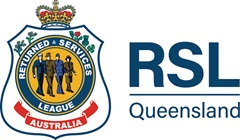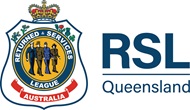
My Mental Health Journey
14 June 2022- Veteran stories
- Health & wellbeing
- Mateship
Looking back at the last 13 years of my life since separating from Defence, it's safe to say I have forged relationships, created new memories with my wife and children, and seen some amazing parts of the world. However, I can’t help but think they may have been just a little bit richer if I had spoken more openly with fellow veterans and my family about where my head was at.
That’s why I felt it was important to talk about my mental health journey.
Mental health problems don’t discriminate. Whether you are a first responder, veteran, health care worker, first-time parent, survivor, old or young, everyone can experience illness related to mental health. There’s some comfort in knowing you’re not alone, even at a time when it can feel like you are.
As cliche as it sounds, there is equal comfort in being able to find a safe space to speak to your experience. And to share the experience you’re having. However, I sense most of us still hold back.
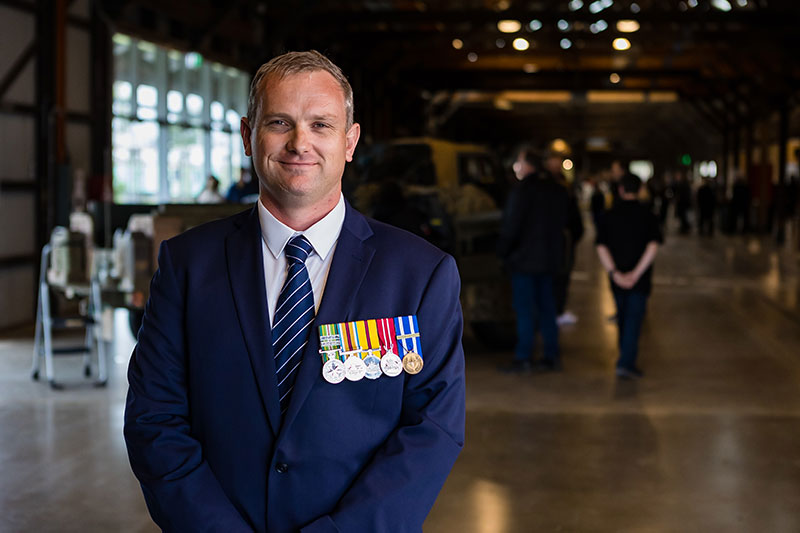
We say we’re fine when we’re not. We convince ourselves there’s others worse off. We hesitate to speak openly with our peers about the unique issues we face, and mental health is one of the biggest topics we ignore.
There are several factors that make mental health issues in veterans slightly more nuanced than other sectors in the community – given the unique nature of service in the ADF. However, the effects can be just as devastating, with the breakdown of relationships, family violence, substance abuse, isolation, and self-harm.
Just like we would head to our nearest emergency room if we broke a bone, we need to prioritise emotional first aid (as so perfectly discussed in Guy Winch’s TED Talk) and think about the ways we can be actively pursuing recovery. It’s a topic I am passionate about due to my own first-hand experience.
MY OWN JOURNEY
After I was discharged from the ADF in 2009, my career was transient. I briefly returned to plumbing, was a member of the Victoria Police, worked in sales at an ARB Workshop and owned several successful small businesses with my wife.
The jumps from job to job weren’t because of a lack of interest or personal failing. I now know it was a sign of undiagnosed Post Traumatic Stress Disorder (PTSD), with its friends hypervigilance, anxiety, and insomnia in supporting roles.
Work was a distraction from a problem. I couldn’t stay in one place doing the same thing for too long. If I did, I found myself working until all hours of the night while my home life took a back seat.
While these attributes gave me some professional success, my family were paying the toll. Everything finally came to a head on ANZAC Day in 2017, with a wakeup call that finally alerted me that all was not well.
We sold our businesses and home in Melbourne and moved interstate to Toowoomba. I thought I had fixed the problem, but we all know best laid plans often go to waste. In our move I had failed to address what was really going on and understand my own mental health.
With each hiccup that emerged as part of our move and road trip, my reactions became disproportionate to the situation. And that’s putting it politely.
As I started my new job, I continued avoiding the real challenges I was facing. Sick days became the norm, as did sitting in the car long after I was due on shift, and taking long lunches as an excuse to hide and act like I was coping. The eruptions became larger. And after each outburst I would feel increasingly worse.
My family were the ones that suffered the most in the lead up to – and during – this almost 10-year phase of my life. All this inner turmoil was going on while at the same time I was trying to be a provider, a husband and father to two little boys. The best way I found to manage this was to withdraw from it all. At the time I thought it was the best thing to do, but now I know it was not.
Reaching the crest of this wave took some time, but I needed to see it come crashing over me to realise that I needed help and things were not getting better by ignoring them. It couldn’t have come at a worse time either – I quit my job without telling anyone and got about sorting myself out a week before Christmas.
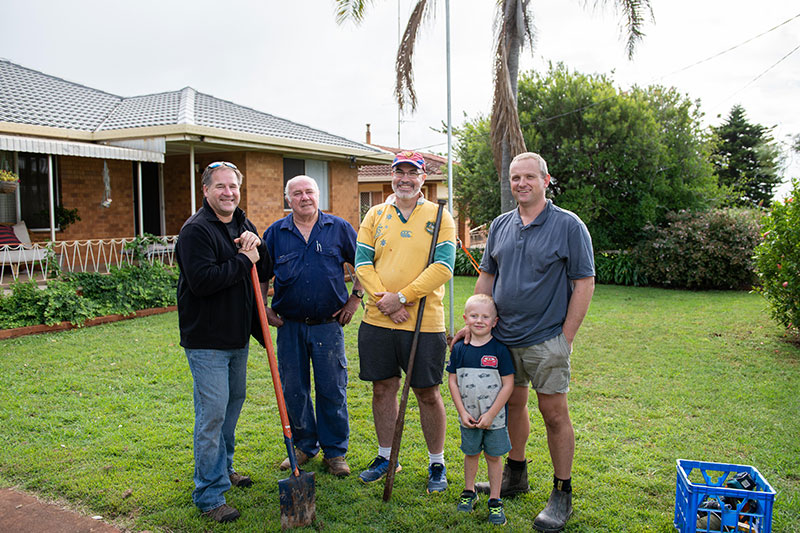
THE TURNING POINT
Not sure where to turn, I submitted a claim for mental health issues through the DVA Portal online and it was probably the best thing I could have done, given most services available to veterans were on a reduced manning on account of it being the Christmas break. A DVA triage member called me and ensured I was safe, financially supported and had an interim support plan in place until I could get in to see a practitioner in a fortnight. My GP was also nothing but supportive.
In January 2019, I was formally diagnosed with PTSD, anxiety, depression, and adjustment disorder. I remember the clinician handing me his report and I asked what happens next?”
He replied, “DVA will give you compensation and a Gold Card most likely”.
I also remember the confused look he gave me when I said, “No, what happens now? As in, how do I get better?”
This time, he wasn’t so quick to reply and simply said, “You know, not many people in that chair ask me that question.”
Being diagnosed gave me context and a way forward. I knew what I was dealing with and could make a plan to move forward. I have tried different treatment plans, medications, social outlets, and relaxation techniques – some work better than others.
It’s a process that takes time. I am now three years into my recovery and know I have come a long way. I feel better in my home life and I am socially engaged. I am not fully recovered, but I probably never will be. I believe I have gone through a period of ‘Post Traumatic Growth’.
Taking the time to learn about my physical and mental state, better understand the environmental stimuli and being open and honest with myself have all meant I can manage my conditions and still function with a certain degree of normality.
Probably one of the most effective treatments has been simply talking about it with my wife, friends, and clinicians. I have even stood up in public forums and gone on national television to speak about the points I’ve just covered.
In March 2021 I was a guest speaker on SBS’s Insight program alongside my younger brother. The episode topic was ‘Rage’, and this experience went a long way to mending our relationship as siblings.
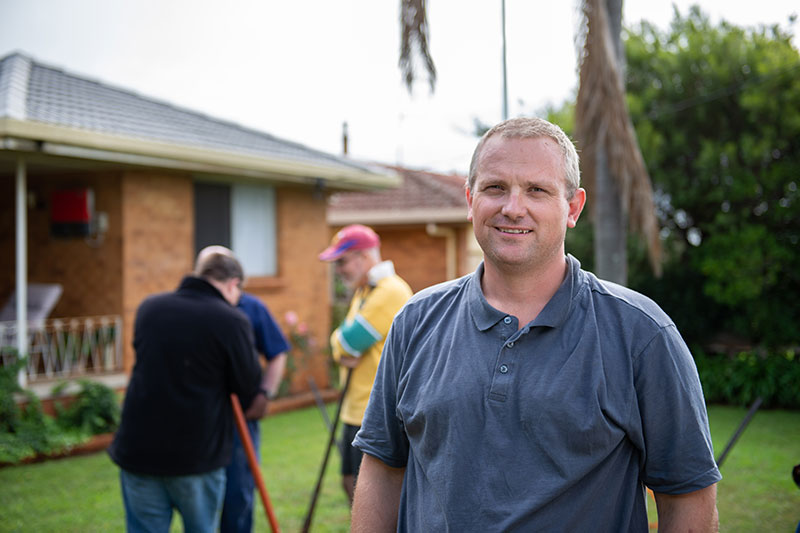
If my story raises any issues for you, I encourage you to contact any of the organisations below.
REACH OUT
Mates4Mates provides many pathways to recovery for current and ex-serving Defence Force members and their families impacted by service-related injuries. Make the call that makes the difference on 1300 4 MATES or visit mates4mates.org.
If you are in crisis and need urgent support, please call Open Arms: 1800 011 046 or Lifeline: 13 11 14 who offer 24-hour support. In an emergency, please contact 000.
Do you have a DVA Claim or Appeal? RSL Queensland can provide dedicated Compensation Advocates to guide you through the process and ensure you get the most beneficial outcome. Learn more here.
Written by Scott May
President of Toowoomba RSL Sub Branch.
Want to stay informed? Subscribe today and get the latest news, services, events and more direct to your email inbox.
Related News
Loading
